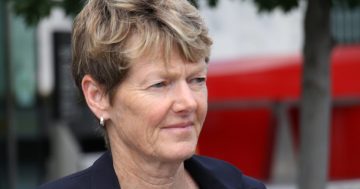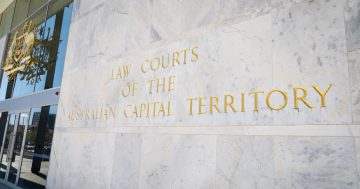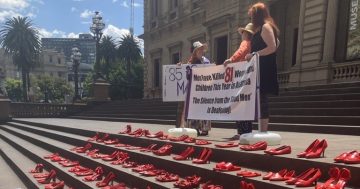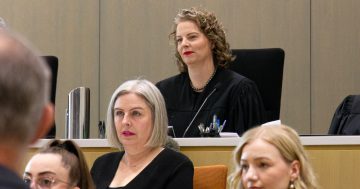 Australia’s legal system is to receive an injection of funding to deal with disputes brought on by the COVID-19 pandemic and to assist people using the courts to resolve their matters as quickly and efficiently as possible.
Australia’s legal system is to receive an injection of funding to deal with disputes brought on by the COVID-19 pandemic and to assist people using the courts to resolve their matters as quickly and efficiently as possible.
Announced by Attorney-General, Christian Porter, the measures, which were included in the Budget, provide an additional $87.3 million for family law services to help families going through a separation resolve matters without having to go to court.
“Legal fees associated with protracted court action can rapidly eat away at the funds parents need to restart their lives after a separation, so it makes good sense to assist them to settle matters amicably wherever possible,” Mr Porter said.
“Keeping matters out of the courts also helps to reduce congestion for those cases where court proceedings are necessary.”
He said the Government recognised the pressures the COVID-19 pandemic had placed on the justice system more broadly.
“Key portfolio measures include $35.7 million in additional resources and judges for the Federal Circuit Court (FCC) to ensure timely case hearings for migration and family law cases, funded by increases to FCC migration application fees,” the Attorney-General said.
“There is $35.3 million in increased temporary resourcing for the Fair Entitlements Guarantee program and $7.7 million for upgrades to the Launceston and Rockhampton FCC Registries.”
He said that in addition, $5.1 million had been allocated to the Fair Work Commission to meet demand arising from COVID‑19 and ensure workplace disputes were resolved as quickly as possible, and $4.8 million for the Family Violence and Cross-examination of Parties Scheme.
“The past year has presented a number of challenges to legal and workplace services in terms of the level of demand and issues arising from the COVID-19 pandemic,” Mr Porter said.
“We are investing in additional resources, upgraded systems and better facilities to ensure the services within my portfolio responsibility continue to allow Australians to efficiently resolve their legal and workplace issues,” he said.











